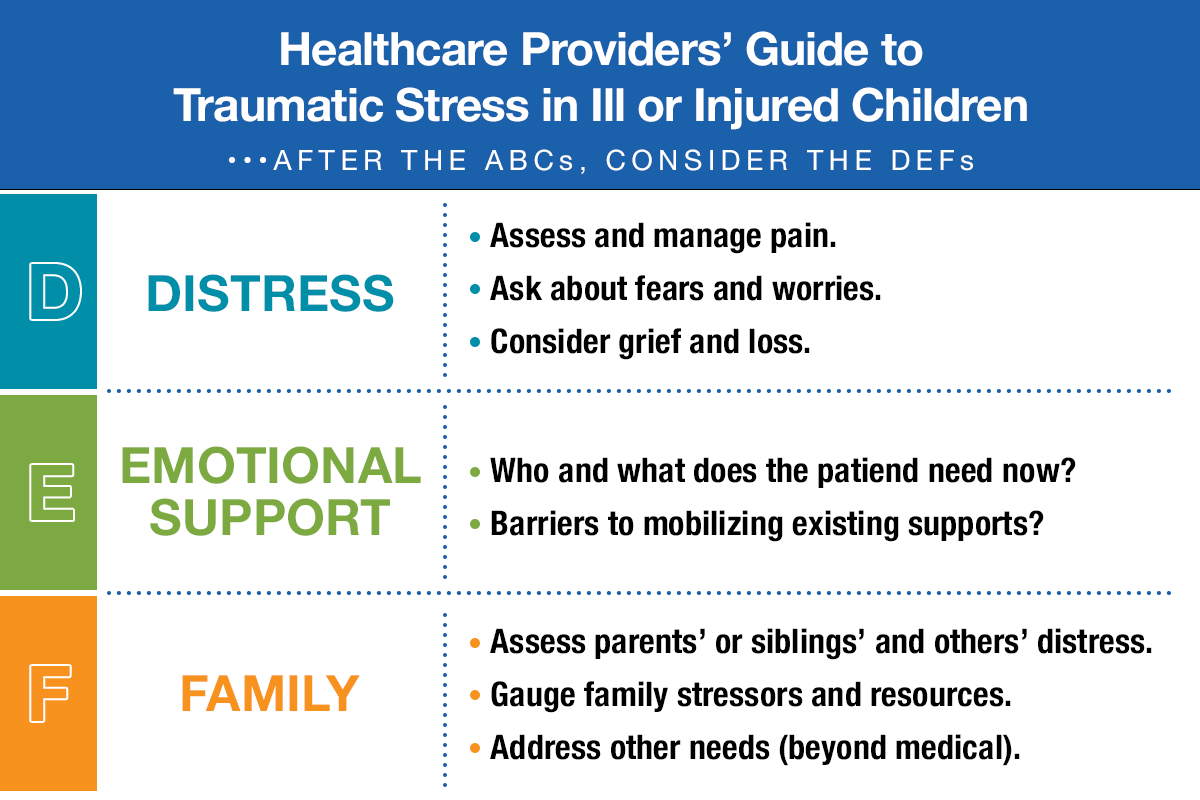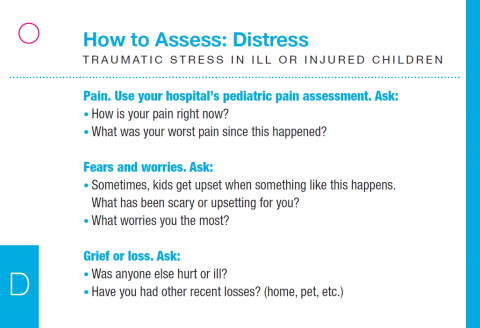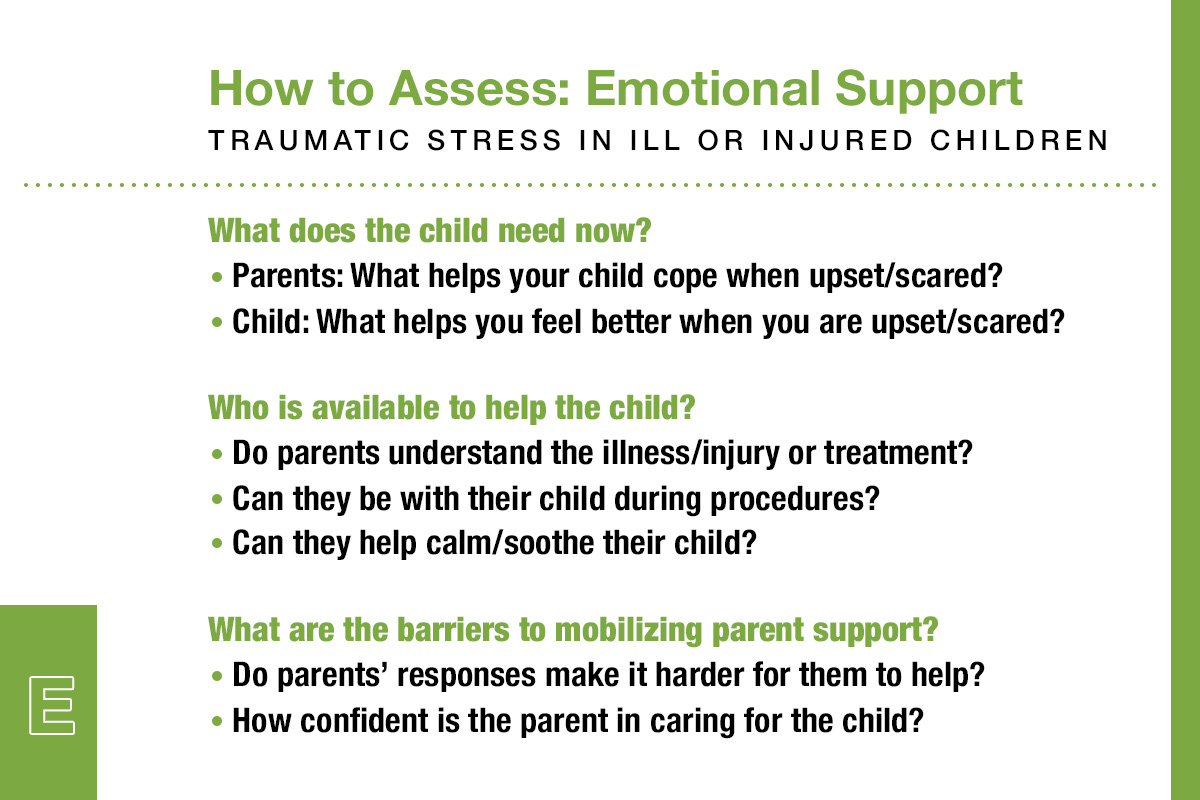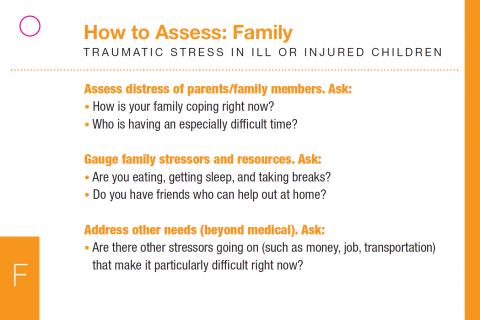Case: Max, is a 12 year old boy whose father died about 5 years ago. His father experienced periodic
depression throughout his life. After his father’s death, Max displayed tantrums and more aggression
towards his toys and friends. Max has a sad expression and seems empty even in a room full of people
and excitement. Max’s mother went to work after her husband’s death, something new for her. Right
now she is working two jobs to support Max and herself. Max’s mom found some morbid pictures in his
room when she was cleaning, disturbing pictures of death, she also found cigarettes in his room.
Trauma can include medical trauma, chronic stresses, toxic stress, childhood trauma, and abuse. Trauma-Informed approaches mean nurses providing universal trauma precautions, such as empathic and strength-based care (Goddard et al, 2021).
In this scenario, we will focus on Pediatric Trauma-Informed Care, which reduces the burden of psychological trauma while also encouraging empowerment, connection, and resilience for children (including Max). (Goddard et al, 2021)
Providing Trauma Informed Pediatric Care
Providing Trauma-informed pediatric nursing care can be:
Acknowledging the Impact
Recognizing the potentially traumatic impact of disease, injury, and medical treatment, as well as the impact of earlier trauma exposure on patient. (healthcaretoolbox.org, n.d)
Acknowledging Emotions and Behaviors
Recognizing emotions and behaviors that may suggest pediatric medical traumatic stress, as well as risk factors for some children.(healthcaretoolbox.org, n.d)
DEF Framework
Responding by taking action to alleviate Distress, offer Emotional support, and address the Family's immediate needs.
The D-E-F framework helps health care professionals identify what they can do, within their own scope of practice, to address and prevent traumatic stress responses in their pediatric patients.
Here is how to Nurses can access each part of the framework:
(healthcaretoolbox.org, n.d)
Relation to Case
Because Max is struggling with the traumatic event of losing of his father, it is contributing to his behavior. The most approach for Max's nurse to do is following the DEF Framework, especially the considering grief and loss part of "Distress", and including Max's mom with talking about how the family is coping with the loss of Max's dad and if there is any outside help from relatives and friends. Following this trauma approach will build that empathic connection between the nurse and Max, letting Max know that there is someone he can talk to about his trauma.
References
Goddard, A., Janicek, E., & Etcher, L. (2021, November
17). Trauma
informed care for the
pediatric nurse. Journal of Pediatric Nursing. Volume 62, P1-9, DOI: https://doi.org/10.1016/j.pedn.2021.11.003
healthcaretoolbox.org. (n.d) The D-E-F
Framework for Trauma-Informed
Pediatric Care.
Pediatric Medical Traumatic Stress, retrieved from https://www.healthcaretoolbox.org/d-e-f-framework-trauma-informed-care
healthcaretoolbox.org. (n.d) Nurses.
Pediatric Medical Traumatic Stress.
Retrieved from https://www.healthcaretoolbox.org/nurses






Comments
Post a Comment